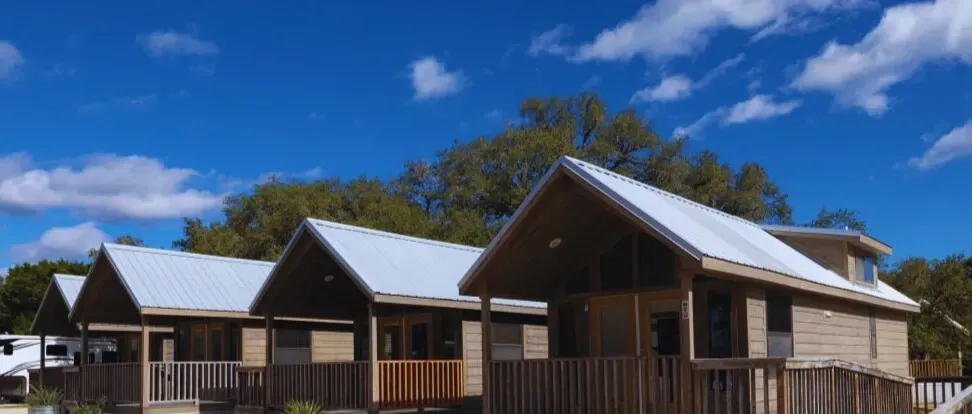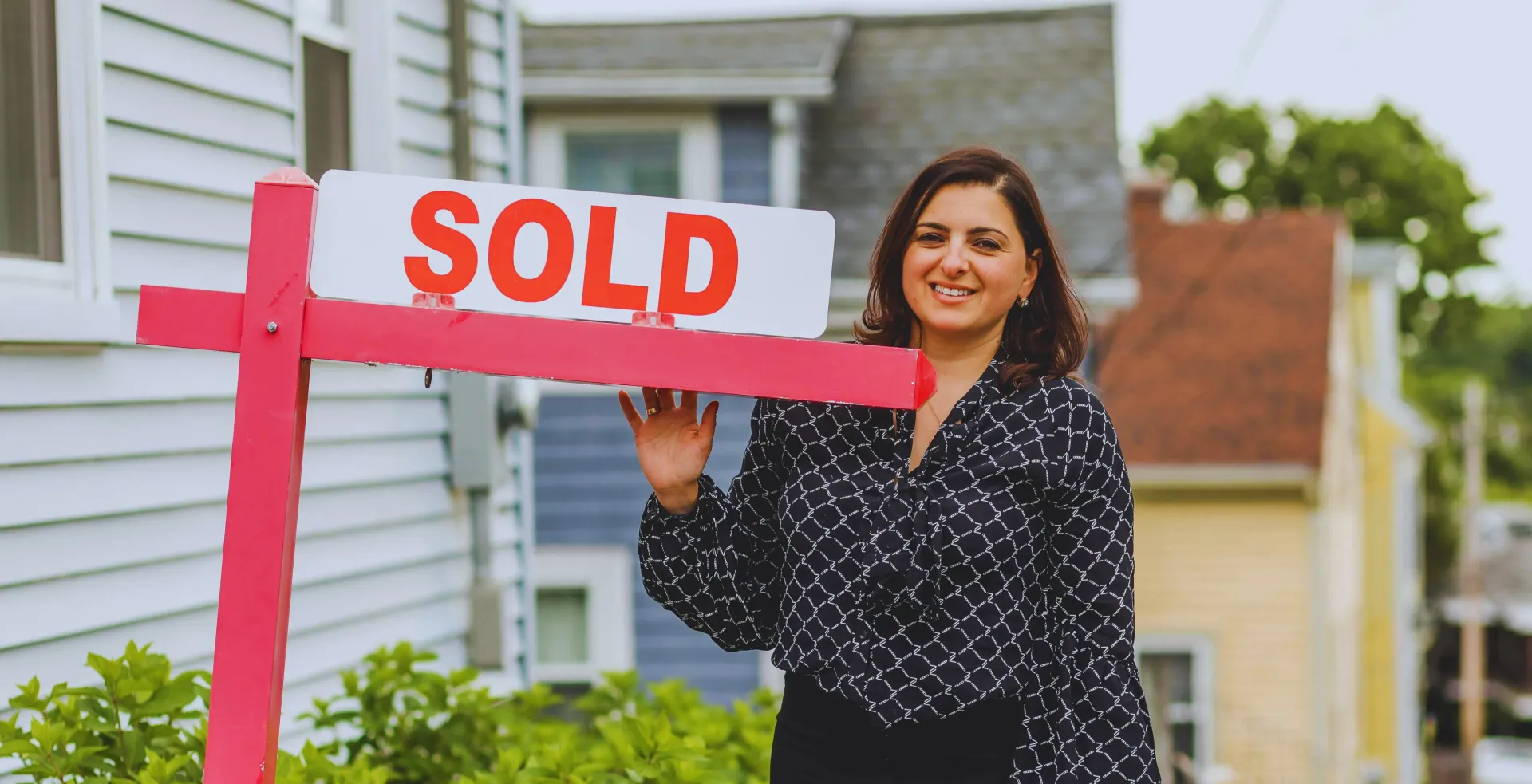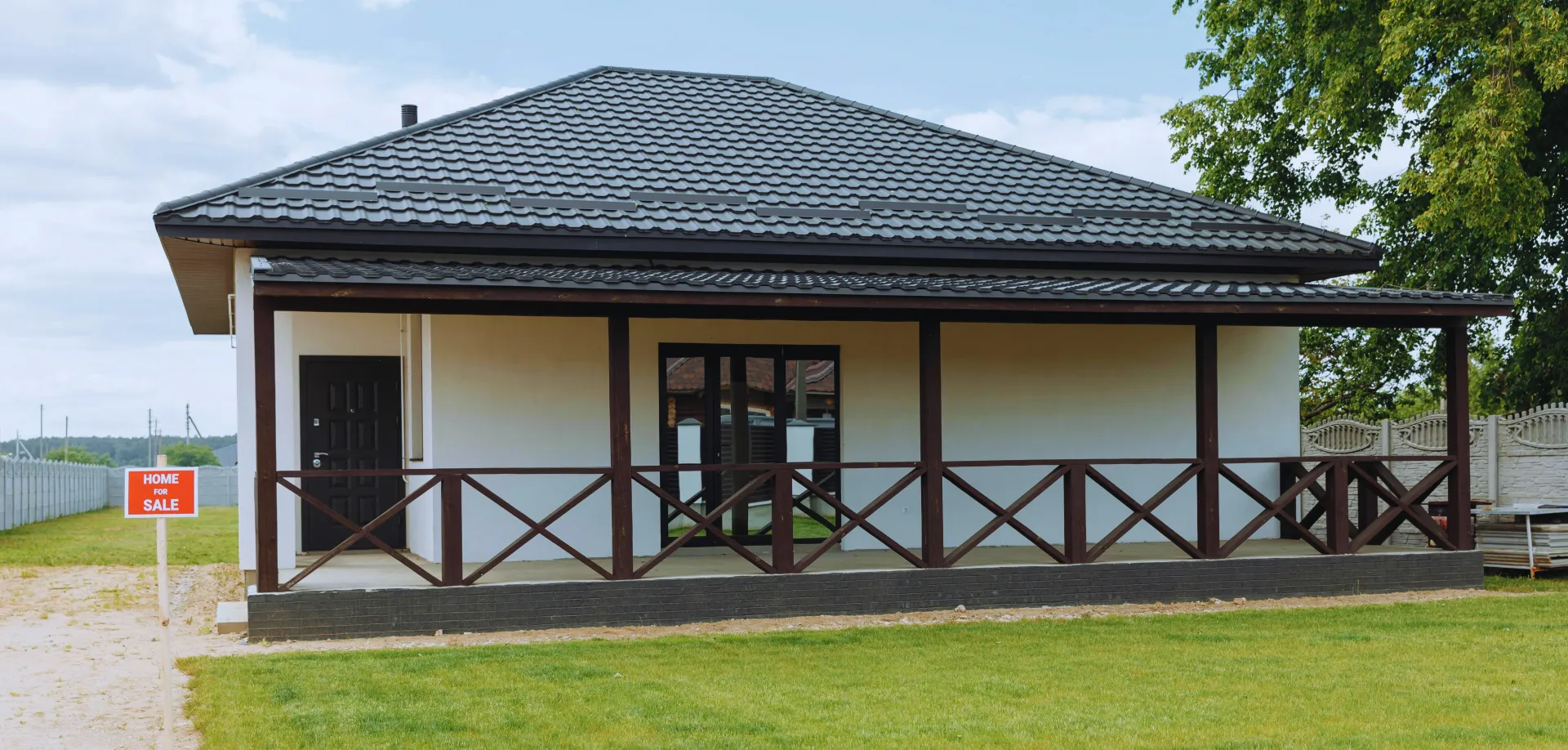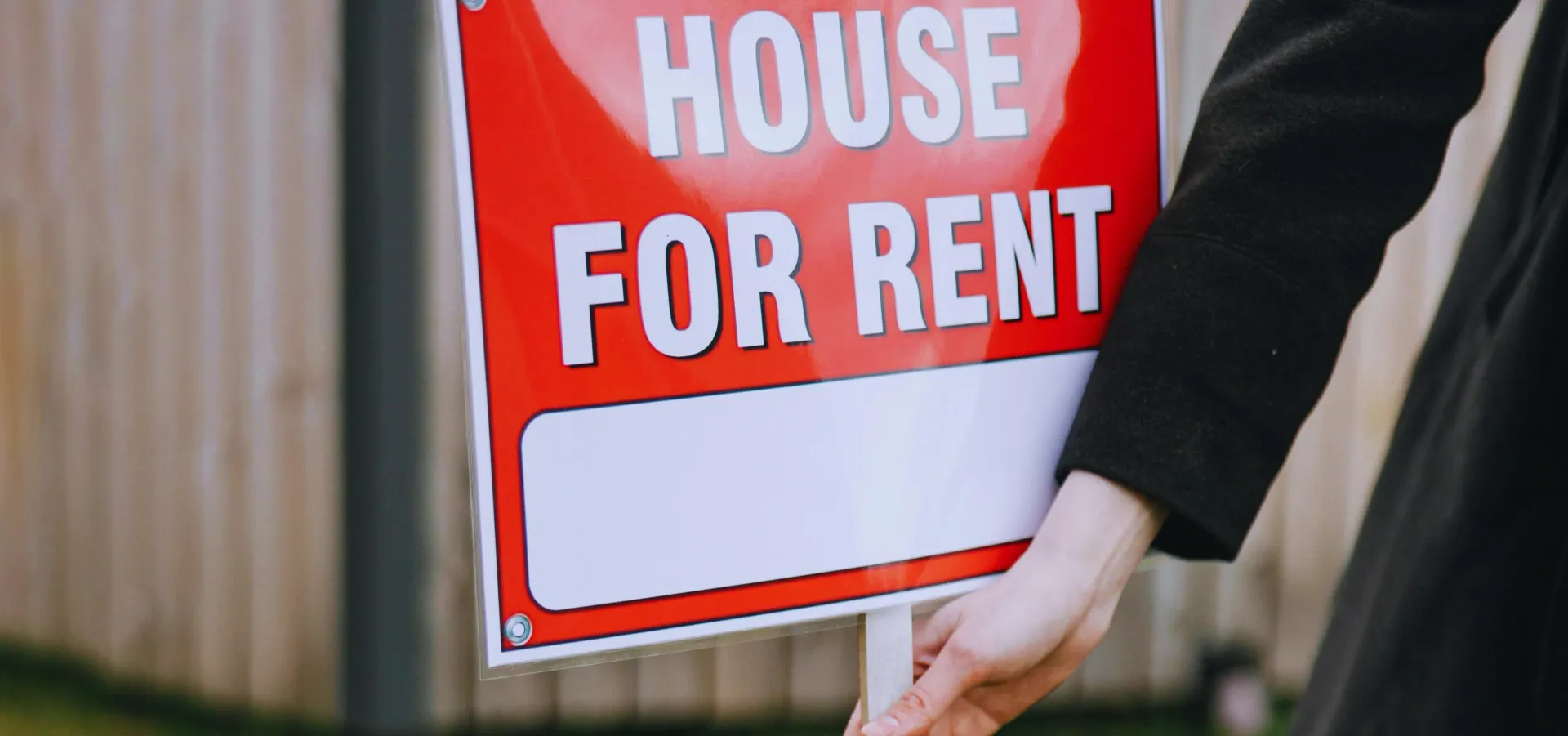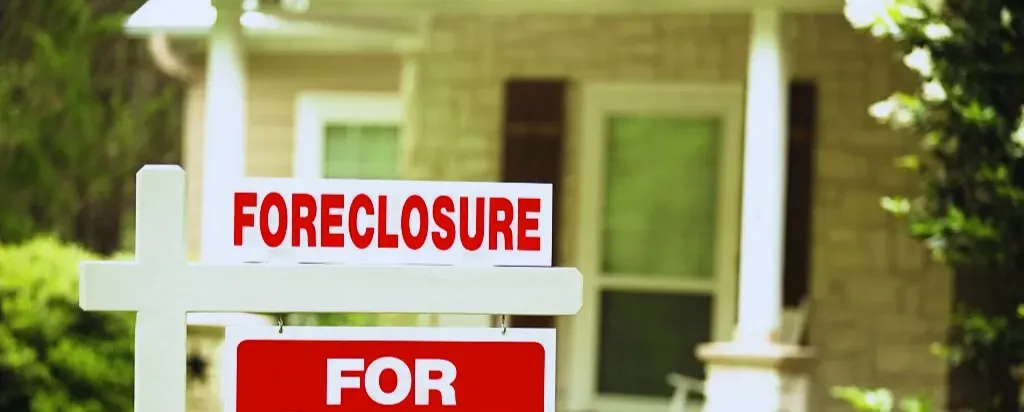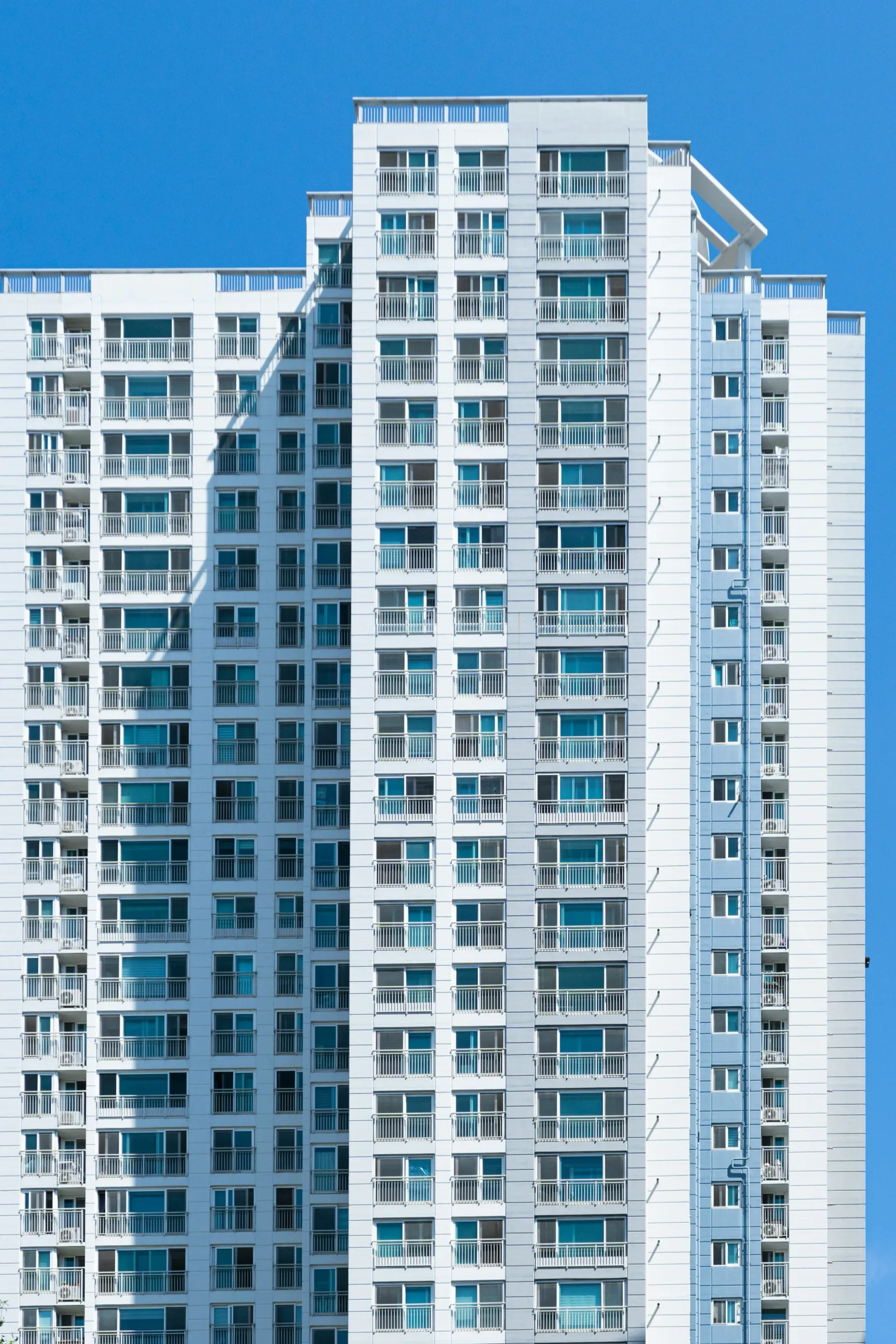Buying vs. Renting a Residential Property: Pros and Cons
Buying vs. Renting a Residential Property: Pros and Cons
Choosing between buying and renting a residential property can be one of the most significant financial decisions people make. In Las Vegas, Nevada, a bustling city known for its vibrant lifestyle and growing real estate market, this decision becomes even more crucial. Whether you're a long-time resident or someone considering a move, understanding the advantages and drawbacks of both options is essential to making the right choice for your future.
This guide will explore the key factors that go into deciding between buying or renting, how each choice impacts your financial and personal goals, and why Las Vegas presents unique considerations. We'll also provide insight into the ideal timing for both options and offer practical advice to help you make an informed decision.
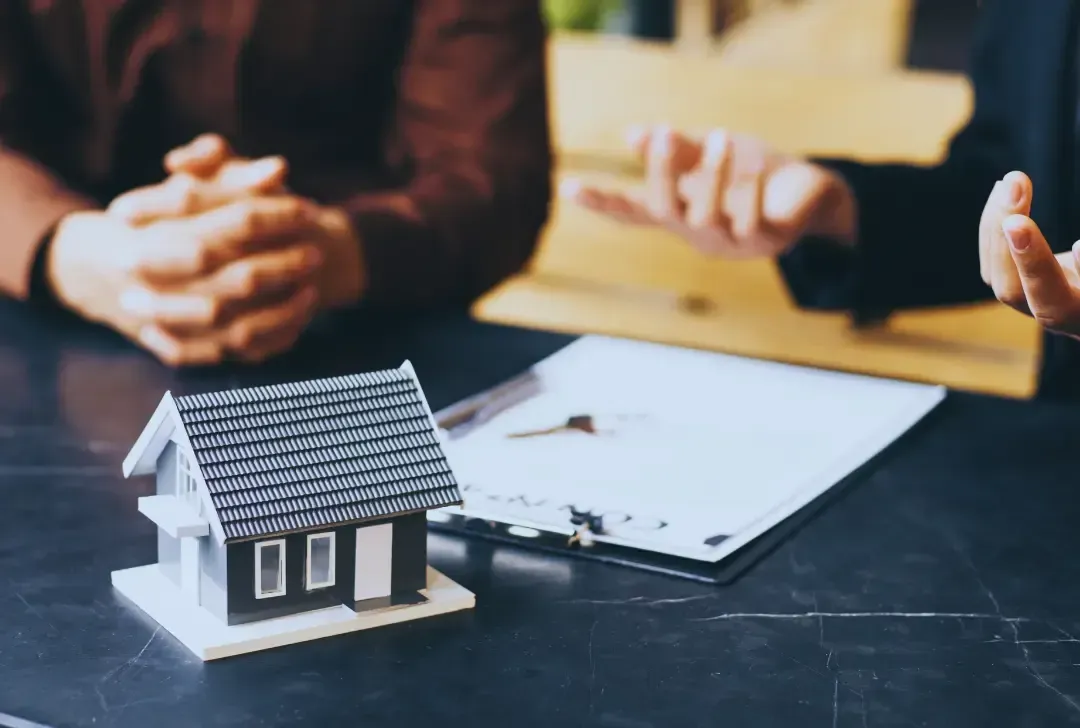
Understanding the Differences: Buying vs. Renting in Las Vegas
What Does It Mean to Rent a Residential Property?
Renting a property, whether it's an apartment, mobile home, or house, means you pay a landlord for the right to live in their property. In return, you're not responsible for long-term upkeep or the eventual sale of the property. This is a common option for people seeking flexibility or those who are unsure about staying in one place for a long period.
In Las Vegas, renting is particularly appealing for people who work in industries tied to the tourism sector, which can sometimes bring fluctuating job opportunities. Renting allows you to move easily as job locations or needs change.
What Does It Mean to Buy a Residential Property?
On the other hand, buying a property means you own the home outright, either by paying in full or through a mortgage. Ownership allows you to build equity, have complete control over the property, and stay long-term without worrying about lease agreements. In Las Vegas, where property values have shown consistent growth over the years, buying can be seen as an investment in a rapidly appreciating market.
However, owning a home comes with responsibilities such as maintenance, property taxes, and, of course, mortgage payments.
Pros and Cons of Renting in Las Vegas
Pros of Renting
- Flexibility to Move: Renting allows you to relocate easily, which is ideal for people with changing careers or those not ready to settle down.
- Lower Upfront Costs: Renters typically avoid the significant upfront costs associated with home purchases, such as down payments and closing fees.
- Minimal Maintenance Responsibility: As a renter, you aren't responsible for major repairs and maintenance, as landlords generally handle these issues.
- No Property Taxes: Renters in Las Vegas don’t have to worry about property taxes, which can vary significantly based on location.
Cons of Renting
- No Equity Building: Rent payments don’t contribute to building equity, meaning you don't gain financial value from your living arrangement over time.
- Rental Increases: Las Vegas is a growing city, and rental prices may rise each year as demand increases.
- Limited Control Over Living Space: Renters may not be able to make significant changes to the property, such as remodeling or renovations, without landlord approval.
Pros and Cons of Buying a Residential Property in Las Vegas
Pros of Buying
- Equity Growth: When you own a home, your mortgage payments contribute to building equity, which increases your net worth over time.
- Stable Monthly Payments: With a fixed-rate mortgage, your monthly housing costs remain steady, unlike rental prices that can increase yearly.
- Freedom to Renovate: As a homeowner, you can make any changes or renovations to your property, increasing its value.
- Investment Potential: Las Vegas has a competitive real estate market, with property values expected to appreciate. Owning a home here could yield a strong return on investment if you choose to sell later.
- Tax Deductions: Homeowners can benefit from tax deductions on mortgage interest and property taxes, reducing the overall cost of owning a home.
Cons of Buying
- High Upfront Costs: Buying a home in Las Vegas comes with significant upfront costs, such as a down payment (often around 10-20%) and closing costs.
- Maintenance Costs: As a homeowner, you’re responsible for repairs and general upkeep. This includes everything from minor repairs to major renovations.
- Long-Term Commitment: Owning a home ties you to a specific location, which can be challenging if your job or personal circumstances change.
- Market Fluctuations: While the Las Vegas market is currently on an upward trend, housing markets can be unpredictable. A downturn could decrease the value of your investment.
When to Rent in Las Vegas
Renting is often the better option if you are new to the city, unsure about your long-term plans, or need flexibility in your housing. Las Vegas offers a variety of rental properties, from apartments to single-family homes, which can cater to a wide range of budgets and lifestyles.
Additionally, if you're focused on building your savings or prefer not to commit to the responsibilities of homeownership, renting gives you more financial freedom. The tourism-driven economy of Las Vegas also makes it attractive for workers in hospitality, entertainment, and related industries, who may prefer the flexibility of renting as job opportunities shift.
When to Buy in Las Vegas
Buying a home is a more appropriate choice for those ready to settle in Las Vegas for the long term, especially if you have job stability and plan to live in the property for several years. If you're looking to invest in real estate, now might be a good time to buy as Las Vegas continues to grow and develop.
Additionally, if you’re ready to take on the responsibilities of homeownership, including property maintenance and mortgage payments, owning a home can provide long-term financial benefits and security.
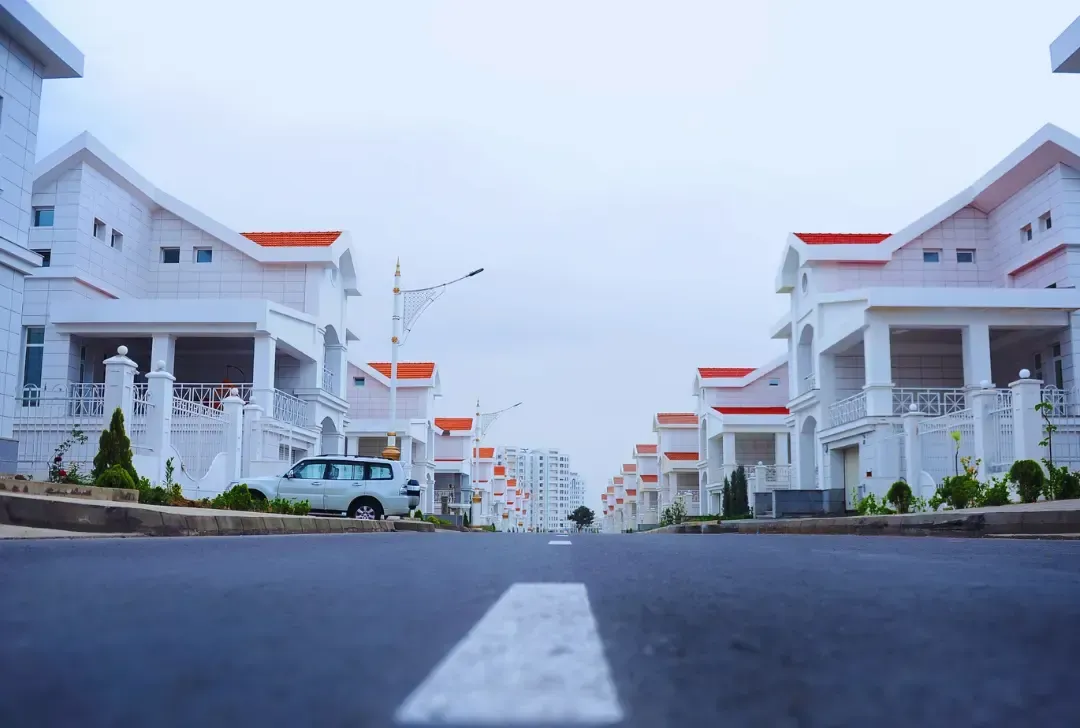
Financial Implications of Renting vs. Buying in Las Vegas
The decision between buying and renting often comes down to financial considerations. In Las Vegas, the housing market offers varied opportunities for both renters and buyers.
Costs of Renting in Las Vegas
- Average Rent: Rent in Las Vegas varies widely based on location and property type. The average cost for a one-bedroom apartment is around $1,300 per month, while larger homes and properties in more upscale areas will cost more.
- Additional Costs: Renters may face additional expenses like security deposits, application fees, and monthly utilities, which can vary based on the rental agreement.
Costs of Buying in Las Vegas
- Home Prices: As of 2024, the median home price in Las Vegas is approximately $425,000. Prices can fluctuate depending on neighborhood, size, and amenities.
- Additional Costs: Buying a home involves more than just the purchase price. Homeowners also need to budget for property taxes, homeowners insurance, mortgage insurance (if applicable), and home maintenance.
Long-Term Financial Impact
While renting may appear more affordable in the short term, buying a home can be a better financial decision in the long run if property values continue to rise and you plan to stay in the same place for many years. Over time, homeownership allows you to build equity, whereas rent payments don’t offer the same return on investment.
Key Takeaways
- Renting offers flexibility, lower upfront costs, and less responsibility for maintenance, but doesn't allow you to build equity.
- Buying provides the potential for long-term financial benefits, including equity growth, but requires significant upfront investment and ongoing maintenance costs.
- Las Vegas offers a dynamic housing market with opportunities for both renters and buyers, but the right choice depends on your personal financial situation, career plans, and lifestyle preferences.
FAQs
Is it better to rent or buy a home in Las Vegas?
This depends on your long-term plans. If you’re staying in the city for a few years and prefer stability, buying might be better. If you need flexibility or are unsure about your future in the area, renting is the way to go.
What are the main costs of buying a home in Las Vegas?
The main costs include the down payment, closing costs, mortgage payments, property taxes, homeowners insurance, and maintenance costs.
Is Las Vegas a good place to invest in property?
Yes, Las Vegas is considered a strong market for real estate investment due to its steady population growth, thriving economy, and appreciating property values.
What is the average rent in Las Vegas?
The average rent for a one-bedroom apartment is around $1,300, but prices vary depending on location, size, and property type.
Can I deduct mortgage interest and property taxes on my Las Vegas home?
Yes, homeowners can usually deduct mortgage interest and property taxes on their annual tax returns, reducing their overall tax burden.
How much should I save before buying a home in Las Vegas?
It’s typically recommended to save at least 20% of the home’s purchase price for a down payment. However, some loans allow for lower down payments.
Conclusion
The decision between buying and renting a residential property in Las Vegas depends on your personal financial situation, lifestyle needs, and long-term plans. Renting offers flexibility and lower immediate costs, while buying provides the opportunity to build equity and potentially gain long-term financial rewards. By weighing the pros and cons of each option and considering the unique characteristics of the Las Vegas real estate market, you can make the choice that’s right for you.


